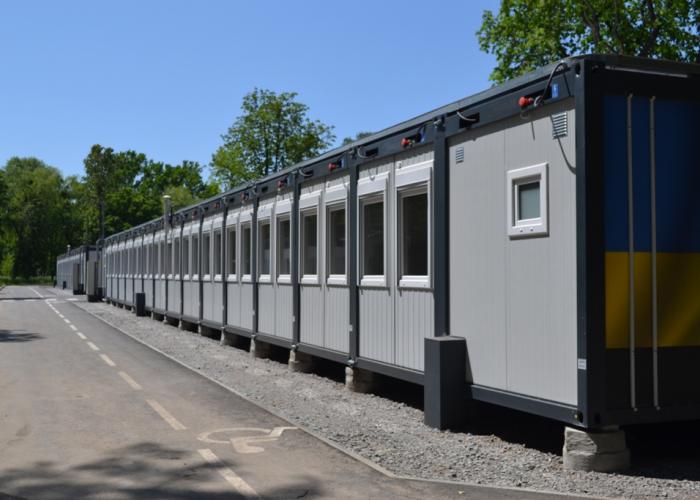
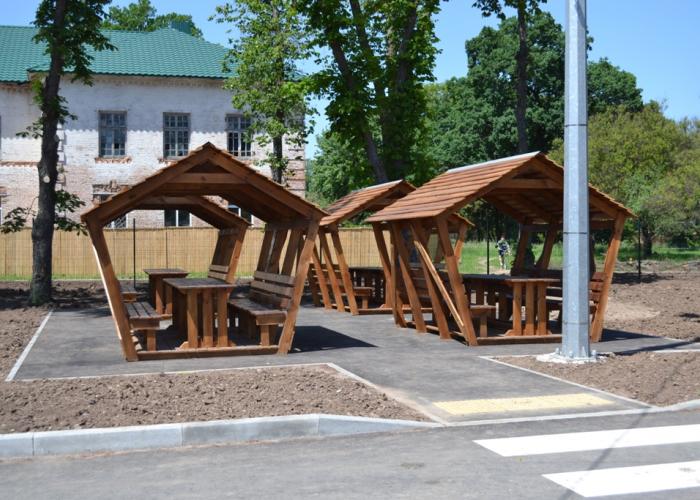
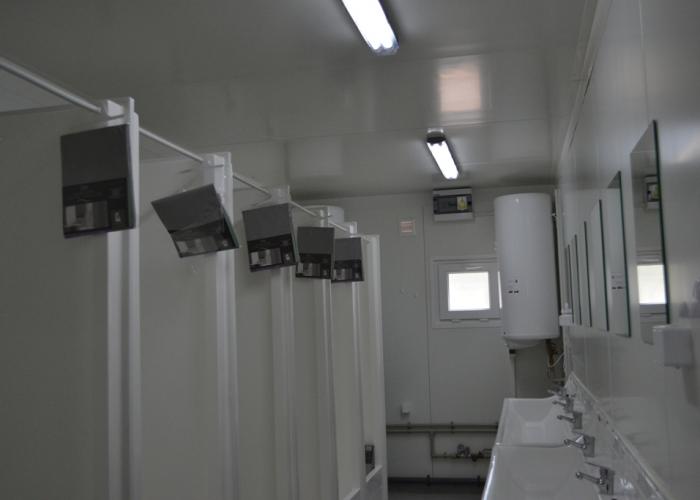
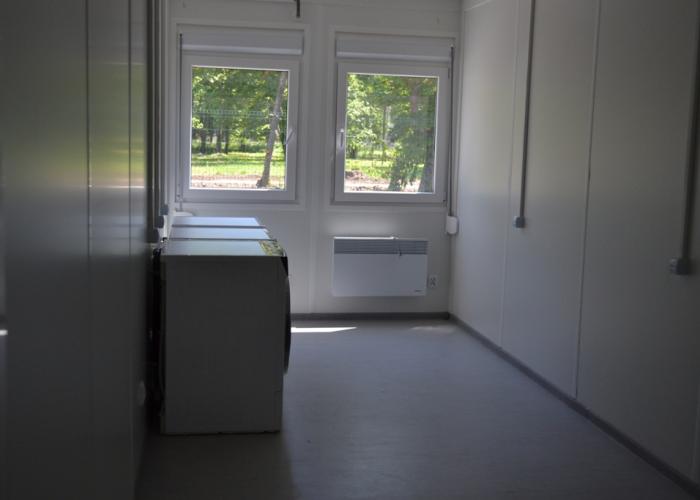

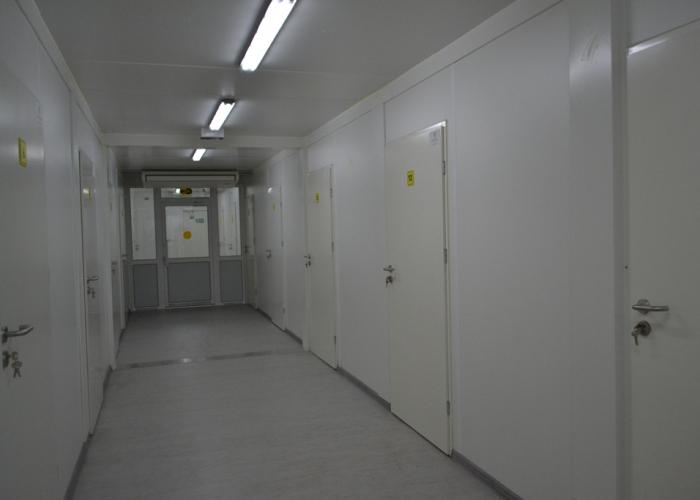
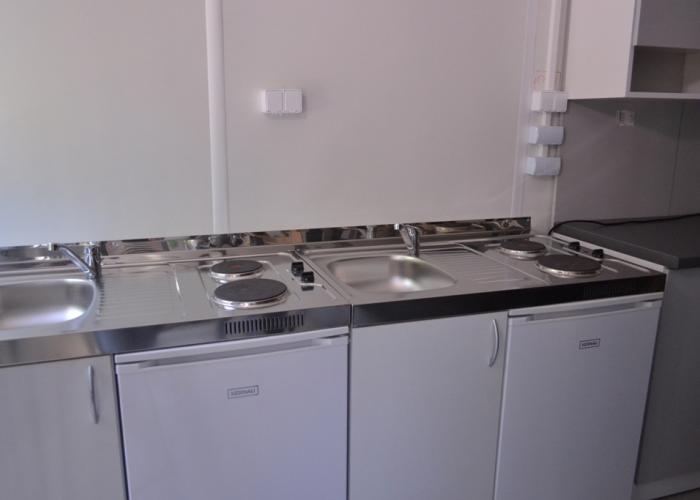
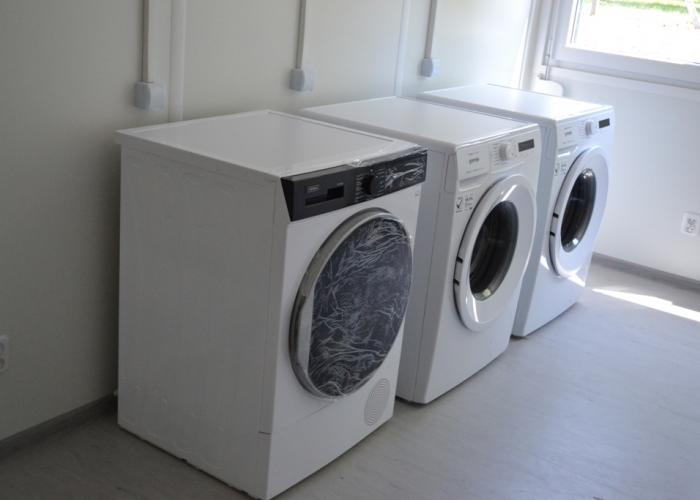
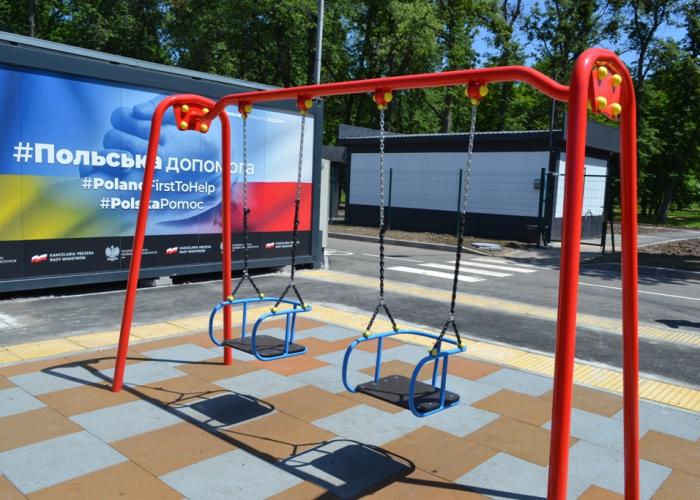
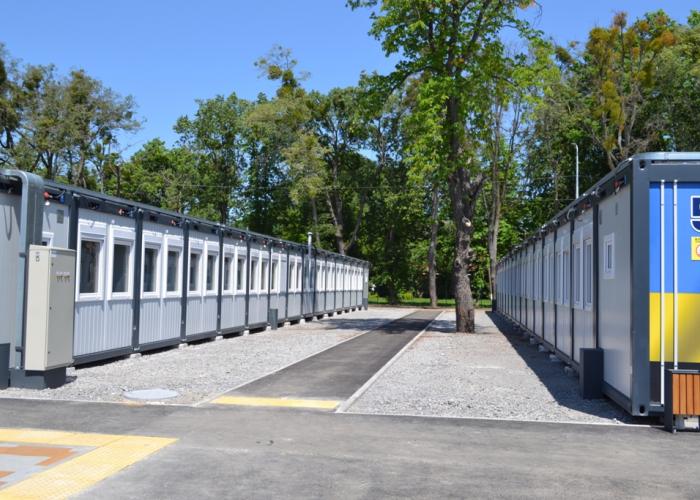
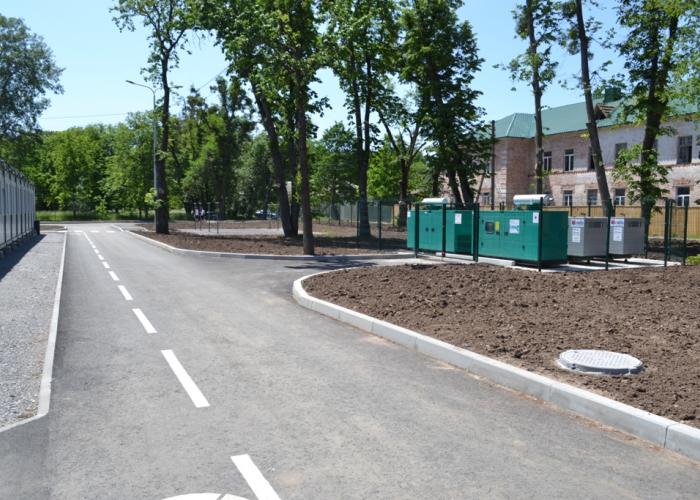
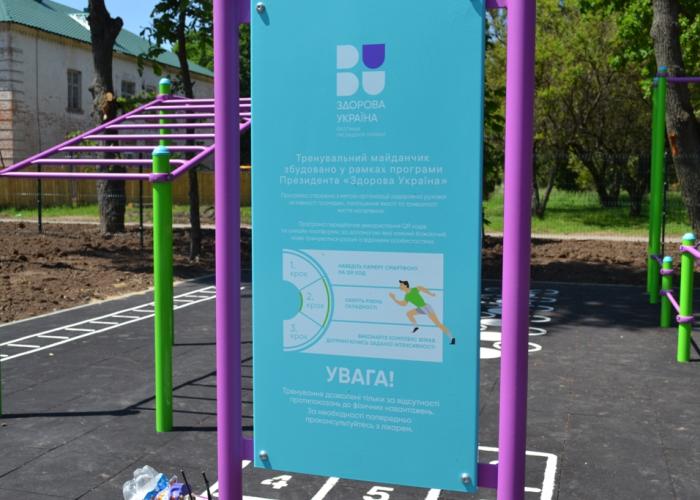
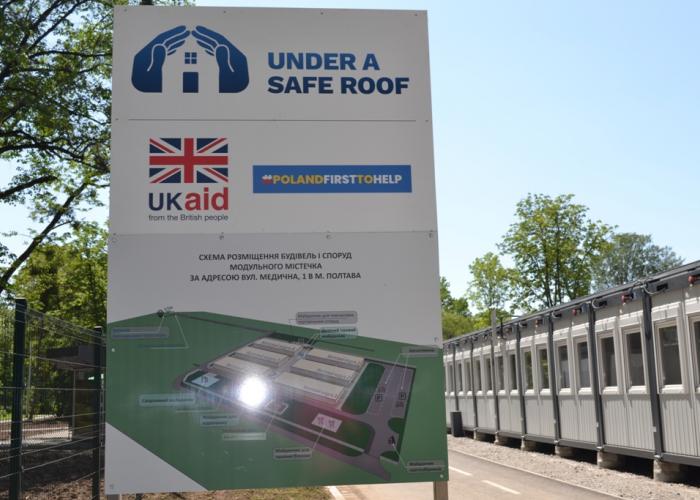
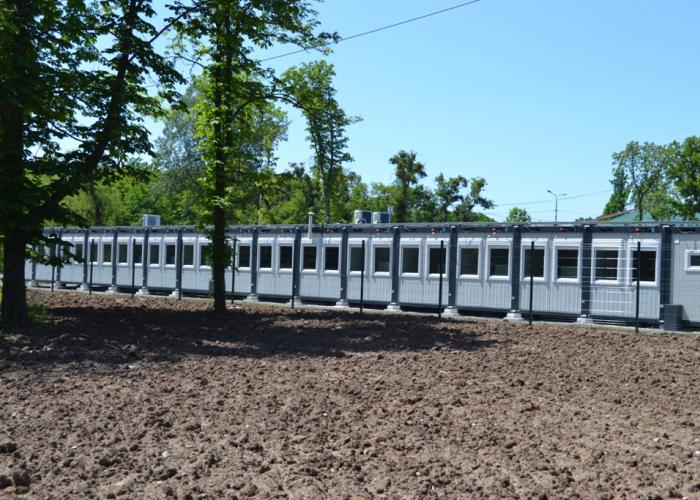
On the territory of the town, 6 modular houses were installed with 240 modules. The area of the town is 1.6 hectares.
The houses are designed to accommodate 432 people under the condition that each room has a maximum occupancy of 4 people - two adults and two children. However, families consisting of two or three people will not have additional individuals placed with them.
Poltava region received a significant number of internally displaced persons (IDPs) in 2022, and currently, around 180,000 people from other regions affected by the war continue to reside in the region. In the fall of 2022, there was an initiative by British and Polish partners and the International Solidarity Foundation to provide modular houses for the accommodation of internally displaced persons in regions with a high number of IDPs. Poltava region accepted this proposal and is very grateful to international partners for this humanitarian aid. In March, a memorandum was signed between the International Solidarity Foundation, Poltava Regional State Administration, and Poltava Regional Council regarding the transfer of these modular houses. The work began in December, and as of today, all work on site preparation is complete.
The modular houses provided by international partners are a form of humanitarian assistance, and the cost of setting up the territory amounted to 42 million hryvnias. These funds were used for the reconstruction of electrical networks, the construction of a transformer substation, installation of the houses, and site improvement.
Dmytro Lunin, the head of Poltava Regional State Administration, previously reported that applications for resettlement to the modular town have already been submitted by 397 individuals, mainly from compact settlements of IDPs. Out of this number, 50 applications are from people with disabilities, and 40 are from children.
Each of the six houses consists of 18 living room modules, while the rest of the area contains common facilities, including shower rooms (separate for men and women), a kitchen with a dining area, a laundry room, toilets (separate for men and women), a playroom, and service rooms.
Initially, it was planned that the modular town could accommodate over 500 people. However, due to the increase in the number of auxiliary premises, the residential area was reduced.
Each house is equipped with Wi-Fi and three video cameras. Despite being a temporary residence for compact resettlement of internally displaced persons, it is suitable for year-round living regardless of air temperature.
The site features asphalt pathways leading to the houses and common areas. Each house has a ramp leading to it. There are two children's playgrounds for children of different ages, a sports ground, four gazebos for recreation, and a laundry drying area. Additionally, the site has an alternative power source in case of electricity outage, with powerful diesel generators.
The entire area of the town is enclosed by a fence. There are four entrances, each equipped with a magnetic lock. External lighting and a video surveillance system with nine cameras have been installed on the site.
Next to the modular town, there are functioning bomb shelters for air raid emergencies. There are two small stores nearby. One of them belongs to the "Kulynychi" bakery, while the other sells food products (excluding alcohol). There are also stores within the medical facility on the site.
The nearest school to the modular town is located at a distance of 1.5 kilometers, and a kindergarten is 800 meters away. These educational institutions have available spaces, as previously reported by Dmytro Lunin, the head of Poltava Regional State Administration.
The city council plans to arrange a public transportation stop near the town, and a municipal bus operates at hourly intervals. Several private minivans also run this route.
Accommodation in the modular houses will be provided free of charge to IDPs.
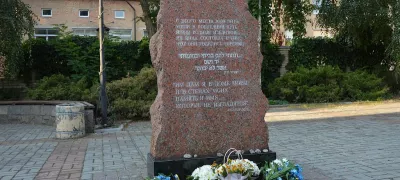
вологість:
тиск:
вітер:
0 Comments
To add the comment